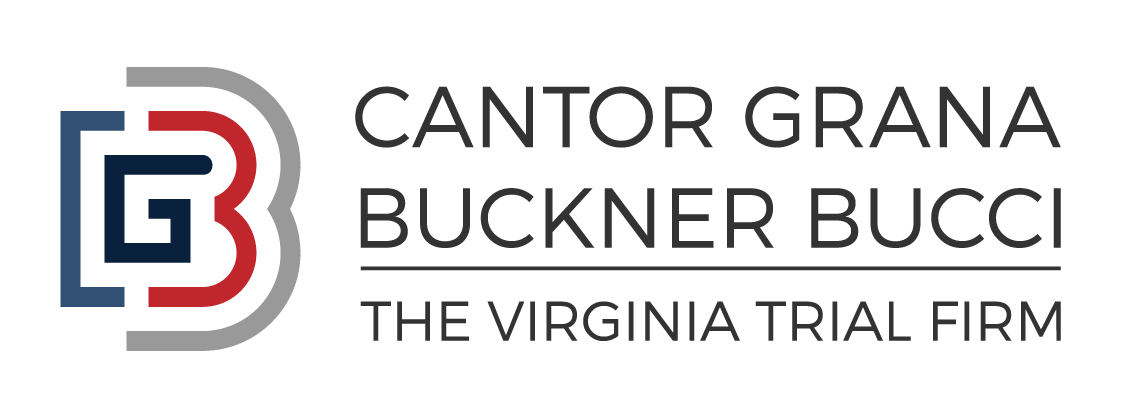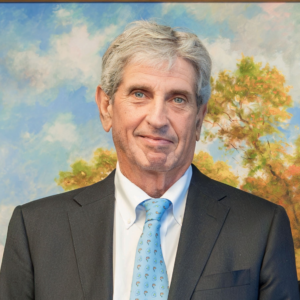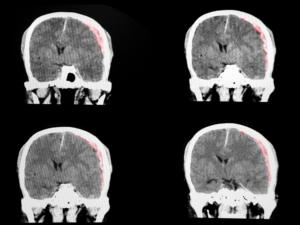Horror stories abound about trial lawyers who have litigation expenses escalate out of control in their cases. Too often are heard cries of: “We had to settle the case because the costs of continuing the case were just too high” or “We have already spent so much on the case, we better obtain a huge verdict or our client will net nothing” or “The costs of the case were killing us, so we decided to drop the case.” The lesson to be learned from such situations is for the trial lawyer to control the litigation costs, not have the litigation costs control the case.
There is no escaping the reality of the rapid rise of the costs of litigation in today’s environment. This is especially true in personal injury, medical malpractice, and products liability cases. Consequently, it is absolutely incumbent on the trial lawyer to establish a case expense budget at the commencement of every case. Indeed, performing the budgetary analysis at the outset may very well lead to the conclusion that it makes no economic sense to even take the case. Establishing a case expense budget forces the trial lawyer to make choices – choices to expend monies for those items most likely to lead to maximizing the recovery for the client and eliminating items that are less crucial to a successful result for the client.
By far and away, the most costly components of a case are expert witness fees. With experts increasingly charging exorbitant hourly fees, there has evolved an epidemic of high cost litigation that affects virtually every case. This environment dictates that the trial lawyer make decisions, not only regarding the number of experts to hire in a case, but also whether or not to take the depositions of the opponent’s experts. Foregoing the deposition of opposing experts can result in saving tens of thousands of dollars – dollars often much better used elsewhere to further the client’s case.
The most efficient tool for a trial lawyer to use to make the critical decisions about case expenses is a focus group. If, for example, a group of jurors confirms that expert testimony is not important to them, then the trial lawyer can make his or her decision to exclude experts with some confidence. Likewise, if a group of jurors indicates that a simple timeline of events would be invaluable in finding in favor of your client, the trial lawyer knows that the most effective demonstrative evidence he or she can develop actually costs nothing. It may seem ironic that in an article about expense budgeting, the use of a focus group is advocated. However, a focus group provides the best mechanism to decide what expenses to make and to cut out, and the total cost of the focus group is often less then taking a single deposition of an opponent’s expert.
The trial lawyer should formulate a case expense budget for every case. Failure to do so can be disastrous for the lawyer and his or her client.





